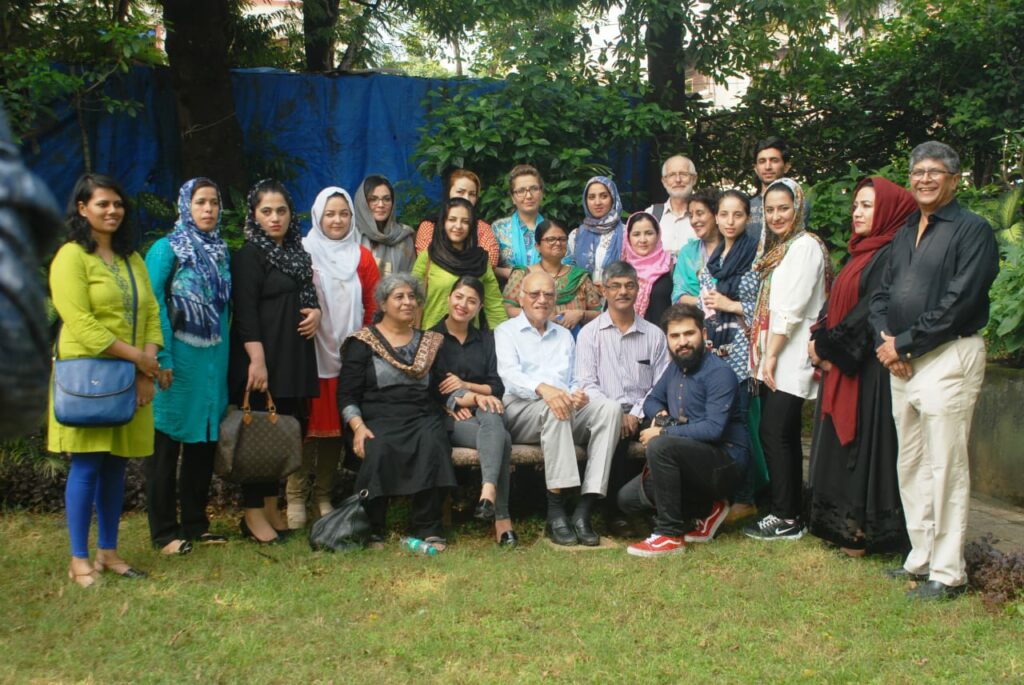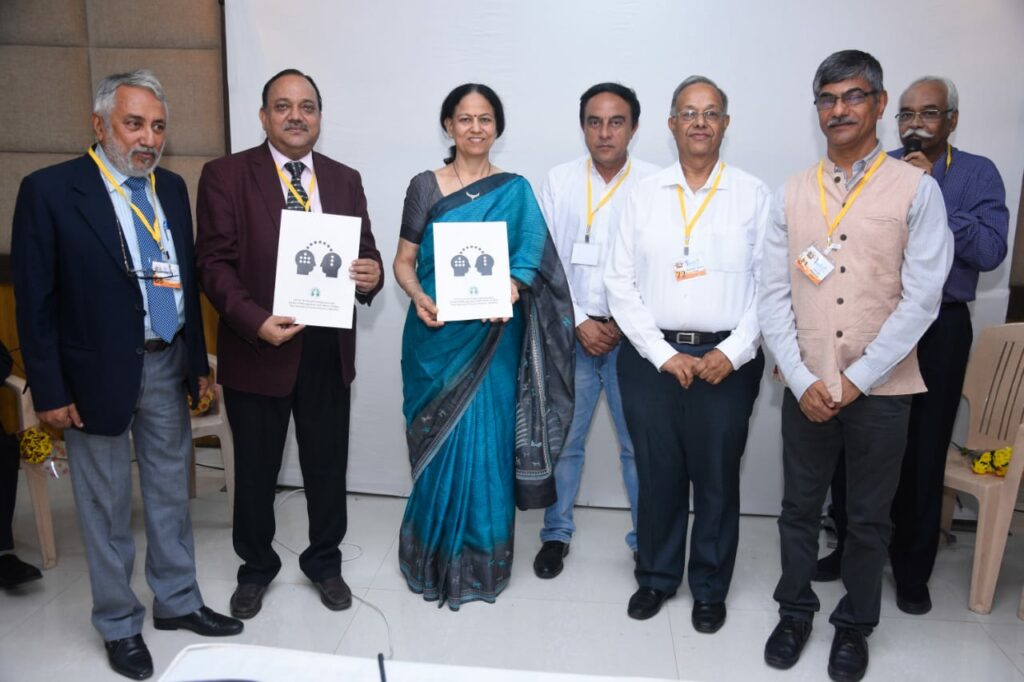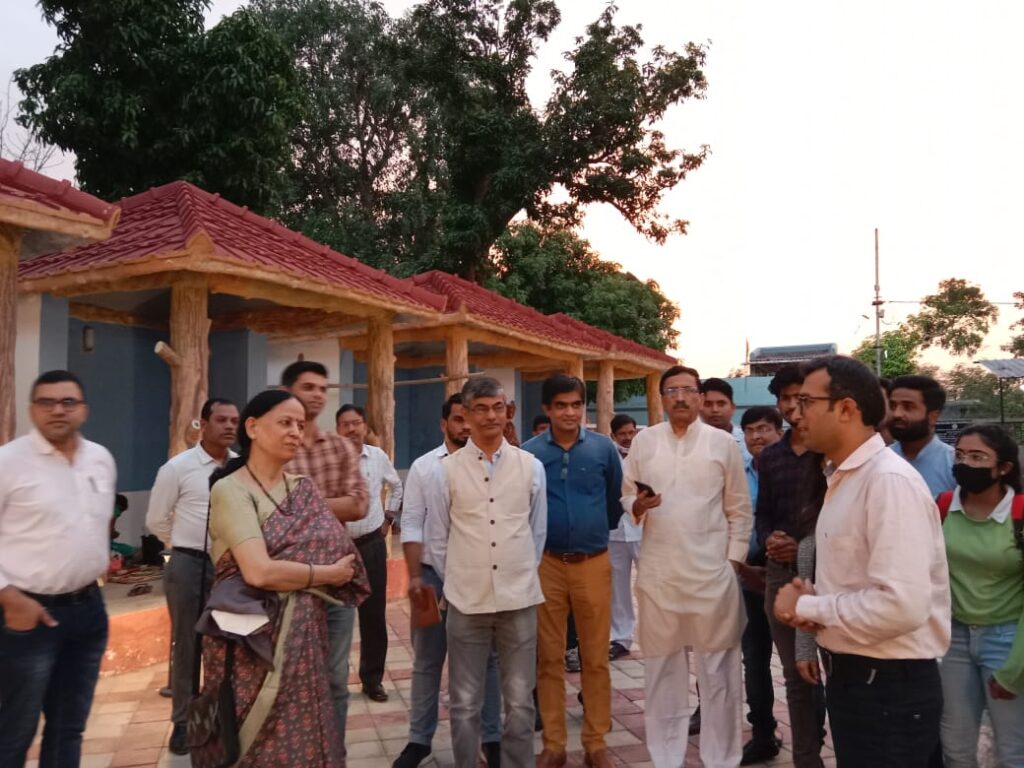
Background and Rationale for setting up and independent Incubation Centre:
‘Entrepreneurship development through practice’ has been the guiding principle of Tata Institute of Social Sciences (TISS) to promote Social Entrepreneurship in India. As a result Incubation Center was set up at the Center for Social Entrepreneurship, the first of its kind in India in an academic institution, to support social start-up enterprises to create impactful and sustainable solutions of social at appropriate scale. Spread across the Country, the social enterprises during the incubation period receive guidance to establish efficient model, implement appropriate technologies and seek funding support from donors, philanthropists and impact investors from the network partners of the Incubation Centre. Several incubated enterprises have successfully scaled-up to create wide economic, social and environmental impact. The Incubation Centre has also developed outreach programme to create livelihood, rural employment, and social and environmental value in association with technology innovation in the areas of affordable healthcare, nutrition, waste management and agriculture in partnership with established partners.



